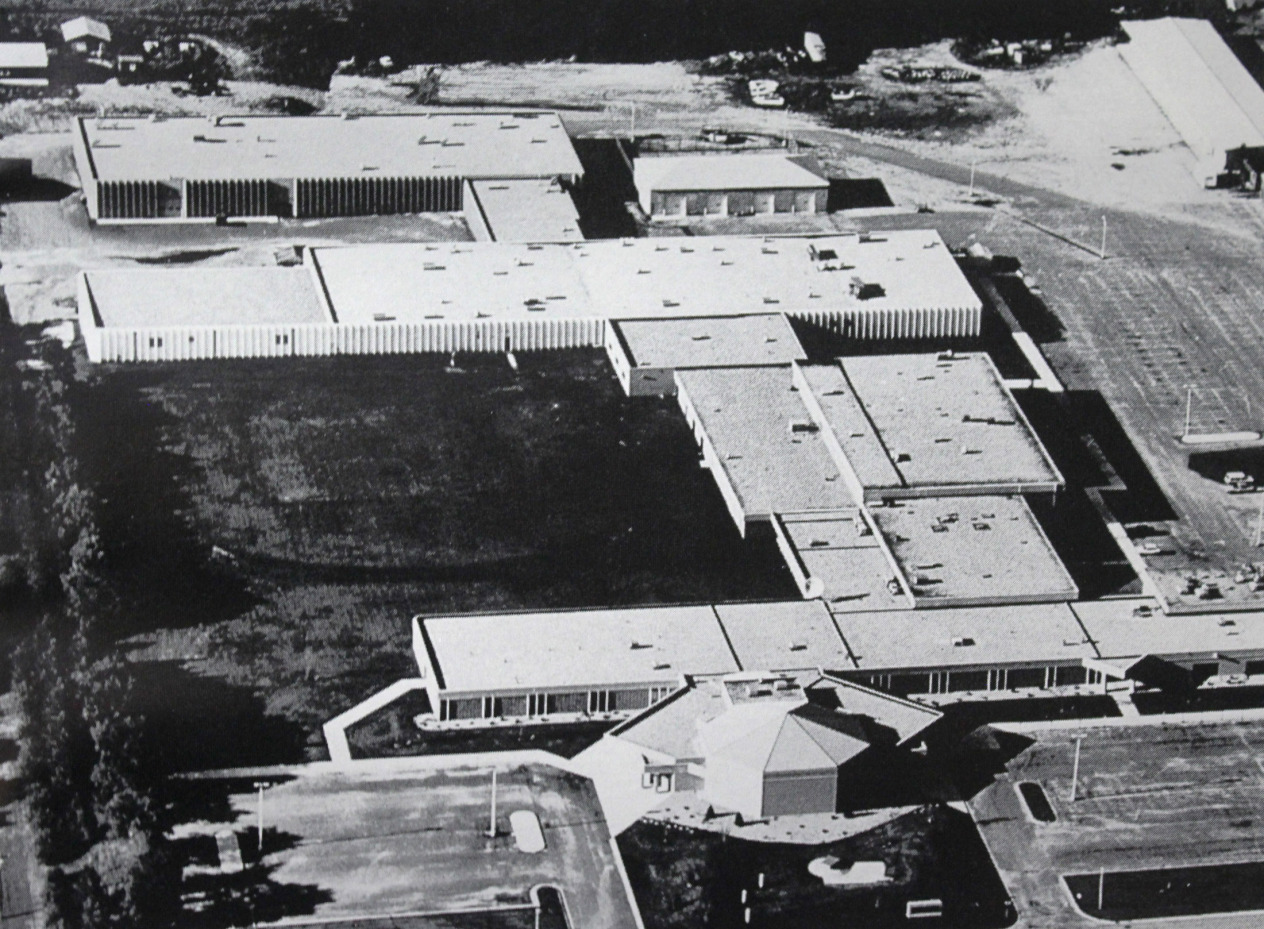Search
DNHY1124 - Pain Control LabCredits: 2 (0/2/0) This course provides the dental hygiene student with the knowledge and skills necessary to administer local anesthesia and other methods of pain control during dental procedures without inducing detrimental physiological side effects.
COSM1157 - Histology of the SkinCredits: 1 (1/0/0) In this course, students learn the structure and composition of the skin and how to recognize various disorders and diseases of the skin. Students also determine which disorders can be serviced in the salon and which should be referred to a physician
ADMM1150 - Medical Billing/InsuranceCredits: 4 (3/1/0) This course provides information related to medical billing and health insurance. Topics covered include billing and statement preparation in the medical office, introduction to medical coding, types of health insurance coverage, insurance claim
CPTR1122 - System MaintenanceCredits: 3 (2/1/0) The focus of this course is troubleshooting computers and computing-related equipment. The course begins with an overview of basic electronics and progresses to building and troubleshooting computing equipment and IoT (Internet of Things) devices. It
PNSG1524 - Practical Nursing Mental HealthCredits: 2 (2/0/0) This course focuses on the care of individual patients with psychiatric and behavioral disorders. Emphasis is placed on common psychiatric and behavioral disorders as well as promoting and maintaining the mental health of individual patients
THPY1135 - Deep Tissue MassageCredits: 2 (1/1/0) This course prepares the massage student to apply deep muscular therapy techniques. Emphasis will be placed on the use of proper body mechanics and the use of proper techniques to deliver deep tissue massage safely. Trigger point therapy will be used
PDEV1100 - College Success SeminarCredits: 2 (2/0/0) This course is designed to help first-year M State students successfully transition into college life. Topics include, but are not limited to, accessing college resources, understanding college guidelines, expectations and demands of being a college
DSET1140 - Supervised Occupational Experience ICredits: 7 (0/0/7) Students will apply skill sets previously learned related to truck and/or other diesel-powered equipment and may be introduced to curriculum skill sets to be delivered in future semesters. Skill sets will be identified in a training plan developed by
DNHY2220 - Dental Hygiene Principle VCredits: 1 (1/0/0) This course is a continuation of DNHY2210 and dental hygiene patient oral risk assessments. Special focus includes topics of interest to the graduating hygienist including smoking cessation, extraoral/ intraoral self exam, resume writing, interview
ELWT1110 - Line Worker Theory IICredits: 4 (2/2/0) This course provides the study of the principles of alternating current high voltage distribution circuitry. Included in this course are mathematical computation of AC power, conductor application including practice at armor rodding, hand and pre
